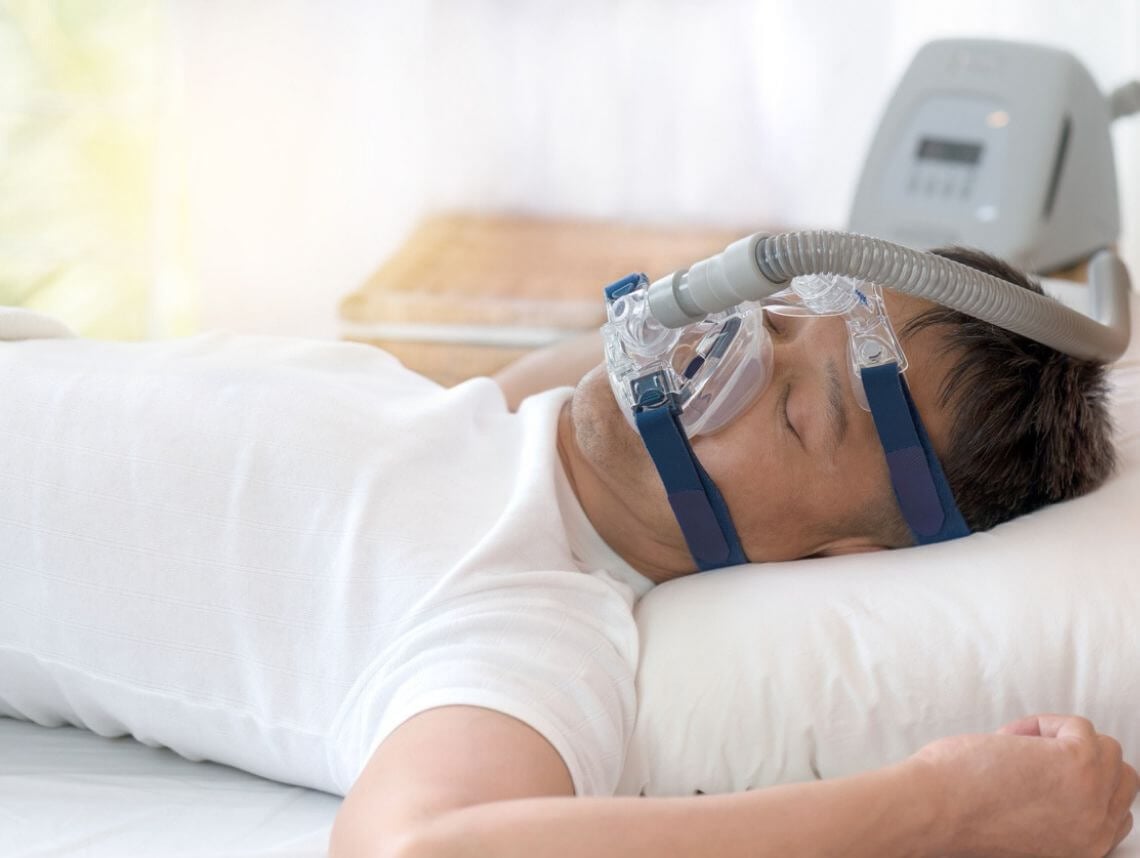
If you’re suffering from obstructive sleep apnea, or certain heart or respiratory conditions, chances are you’ve heard about the benefits of BiPAP or CPAP therapy, since both deliver pressurized air through a face mask to help one breathe better. They also keep your throat muscles from collapsing, which causes one to stop breathing while sleeping.
Since both devices can help you sleep better, and both therapies sound so similar, how do you know which one would help you the most? Is one better than the other?
What are BiPAP and CPAP therapies?
Both BiPAP and CPAP are designed to provide constant airflow to a patient who has disordered breathing during sleep.
What does BiPAP stand for?
BiPAP stands for Bilevel Positive Airway Pressure.
What does CPAP stand for?
CPAP stands for Continuous Positive Airway Pressure.
What’s the difference between CPAP and BiPAP?
Both types of therapies are very similar, in that both deliver pressurized air to a person while they sleep. They also both include a face mask, a hose to connect it to the machine, an air filter, and a humidifier. Both also come in a portable form for easy transportation. And both machines are similar in size and are very quiet.
However, CPAP only delivers one continuous air pressure, which some people find uncomfortable. On the other hand, BiPAP provides different pressures: a stronger one during inhalation and decreased pressure during exhalation. A BiPAP machine can also be preset to provide several breaths per minute.
In order to determine which one would be most beneficial to you, your doctor will conduct a sleep study.
What Each Therapy Typically Treats
BiPAP Therapy
Generally, BiPAP is used for patients with congestive heart failure or pulmonary disorders. The difference in pressure reduces the amount of effort the patient must put into breathing.
CPAP Therapy
On the other hand, CPAP therapy may be ideal for people with mild to moderate sleep apnea, who can breathe well on their own.
Contact Care Options for Kids for Home Care
If you or an aging loved one are considering home health care services, contact the caring staff at Care Options for Kids. Call today at (888) 592-5855.
